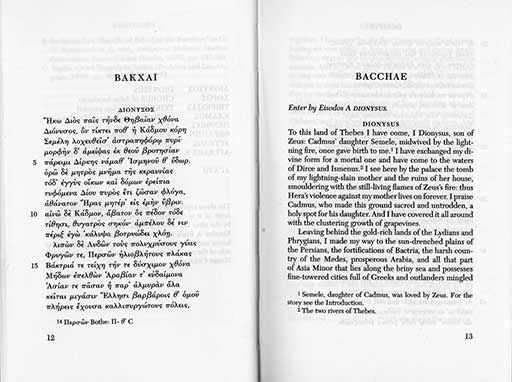7 Beginning Greek
Your first encounter with a Greek text is likely to take place through an English translation. To delve deeper, the next step might be to acquire the Greek text and a Greek−English dictionary. With these in hand you can inspect the text and translation in parallel, trying to relate one to the other.

You can make some headway with this approach. It has the great advantage of allowing you to work with ‘real’ Greek; that is, Greek composed by a Greek speaker for a Greek-speaking audience. Eventually, however, its limitations will become clear. Two problems stand out in particular:
- An English translation is likely to contain more words than its Greek equivalent.
- English word order will probably differ from Greek.
These problems arise because English and Greek work according to different principles. If you can grasp these principles and their implications, you will have taken an important step on the path to reading Greek as Greek instead of through the medium of English.
In the following sections, you will see these principles at work in an extract from the Bacchae of Euripides. Ideally you will be familiar with the Greek alphabet and understand the basics of Greek pronunciation, perhaps from working through the relevant sections of ‘Introducing Ancient Greek [Tip: hold Ctrl and click a link to open it in a new tab. (Hide tip)] ’. However, all Greek on this site is transliterated, which means you can acquire some appreciation for the way the Greek language works without knowing the Greek letters.
